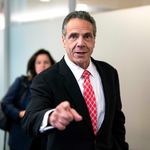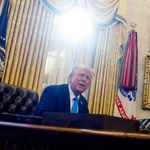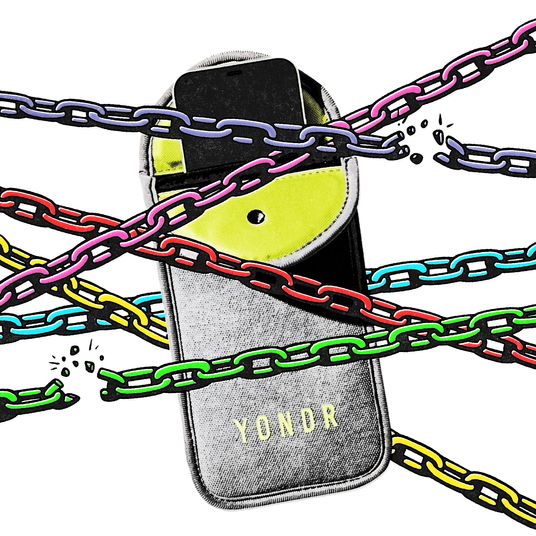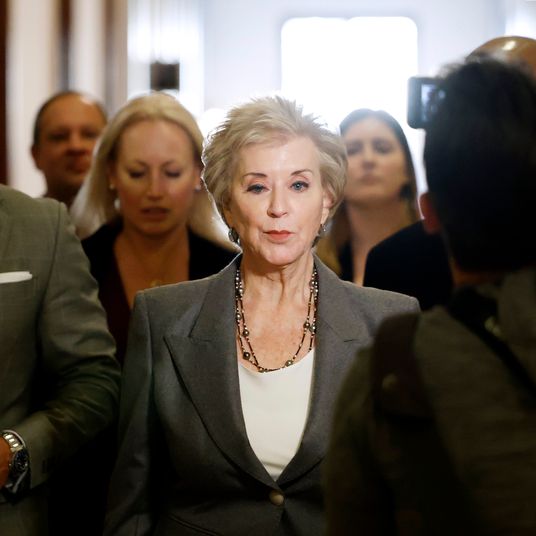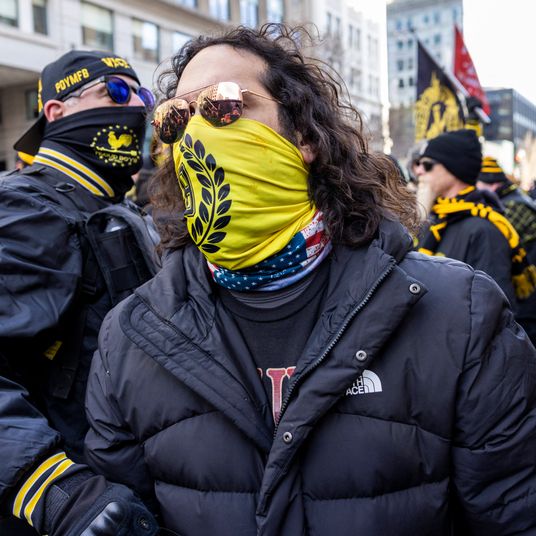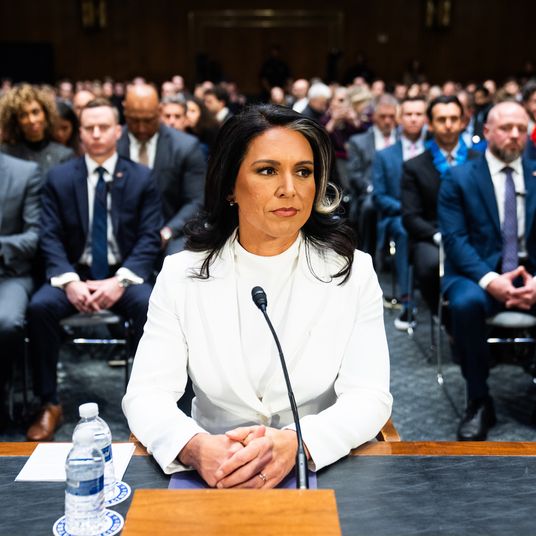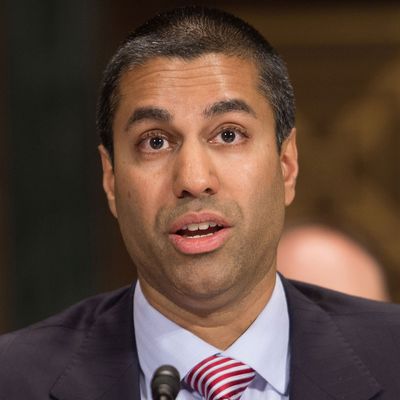
Americans do not want internet service providers (ISPs) like Comcast and Verizon controlling what websites they can see, or how quickly they can load them. When pollsters ask U.S. voters whether they support net neutrality — regulations that require ISPs to treat all web traffic equally — a large bipartisan majority answers in the affirmative.
Among Americans who care deeply about the issue, support for net neutrality is even more overwhelming. When the Federal Communications Commission considered unwinding those regulations in 2015, so many Americans posted pro-net-neutrality messages to the FCC’s webpage for public comments, the site crashed.
The ISPs, however, are quite keen on accruing more power to curate your internet experience (a.k.a. extort content creators into paying for competitive broadband speeds). And the Trump administration’s regulatory philosophy is, ostensibly, that powerful corporations should be able to do whatever unpopular thing they want (so long as they purchase an indulgence from a Republican campaign committee).
Thus, it wasn’t surprising when the GOP-controlled FCC began the process of ending net neutrality earlier this year by once again soliciting public comments on the policy. But the responses that the commission received were quite surprising, indeed: A solid majority of Americans who posted comments to the FCC’s website favored scrapping net neutrality.
These Americans were so passionately opposed to the status quo policy — and so well organized — that they posted the following comment, verbatim, 1.2 million times:
The unprecedented regulatory power the Obama Administration imposed on the internet is smothering innovation, damaging the American economy and obstructing job creation.\n\nI urge the Federal Communications Commission to end the bureaucratic regulatory overreach of the internet known as Title II and restore the bipartisan light-touch regulatory consensus that enabled the internet to flourish for more than 20 years.\n\nThe plan currently under consideration at the FCC to repeal Obama’s Title II power grab is a positive step forward and will help to promote a truly free and open internet for everyone.\n
You will be shocked to learn that 1.2 million Americans did not actually, individually, submit this lamentation of “Obama Title II power grab,” interspersed with random strings of “\n.” In October, the data analytics company Gravwell found that only about 17 percent of the comments submitted to the FCC on net neutrality were written by individual humans. Ninety-five percent of these were in favor of net neutrality. The rest of the comments were “submitted in bulk and many come in batches with obviously incorrect information — over 1,000,000 comments in July claimed to have a pornhub.com email address.”
These were overwhelmingly supportive of the Trump administration’s position.
This week, New York attorney general Eric Schneiderman announced that hundreds of thousands of the bulk-submitted comments were falsely attributed to actual Americans.
“My office analyzed the public comments submitted to the @FCC about #netneutrality — and found that 100,000s of Americans were likely impersonated to drown out the views of real people and businesses,” Schneiderman tweeted Tuesday.
Although some comments were attributed to fake names with porn-themed email addresses, “Many misused the real names and addresses of actual people as part of the effort to undermine the integrity of the comment process. That’s akin to identity theft, and it happened on a massive scale,” Schneiderman said.
For some strange reason, the Trump administration has evinced zero interest in finding out how this happened. Schneiderman claims that his office contacted the FCC nine separate times about the investigation, without ever receiving a response. The attorney general wrote that this was a major headache for his team, since “successfully investigating this sort of illegal conduct requires the participation of the agency whose system was attacked.”
While bots were drowning out majoritarian opposition to ending net neutrality, Trump’s team was plotting to neutralize that opposition in the States. Earlier this year, Republicans killed an Obama-era rule that restricted the ability of ISPs to collect and sell their users’ data without explicit permission. Nearly two dozen states responded by proposing legislation that would impose similar restrictions on internet providers within their borders. FCC chair Ajit Pai is trying to preempt similar state-level subversion of his net-neutrality rollback, by stipulating in his “Restoring Internet Freedom” order that the federal rules change would override state and local regulations. Pai’s legal argument is that broadband qualifies as an “interstate” information service, and thus Uncle Sam has the power to block internet regulations that subvert federal policy.
It seems likely that a blue state will challenge Pai’s theory in court, in the near future.




